 |
| August 09, 2021 |
 |
| Climate Change Earth Is Warmer Than It's Been in 125,000 Years A landmark assessment from the Intergovernmental Panel for Climate Change says greenhouse gases are unequivocally driving extreme weather, but nations can still prevent the worst impacts By Jeff Tollefson,Nature magazine | |
| |
| |
| |
| |
| |
| |
| Behavior What Is a Question? A 92-year-old essay provokes musings on the nature of knowledge, reality—and uptalk | | | | |
| |
| |
| |
FROM THE STORE
 | | | |
| |
FROM THE ARCHIVE
 | | | |
| |
LATEST ISSUES
 |
| |
| Questions? Comments?  | |
| Download the Scientific American App |
| |
| |






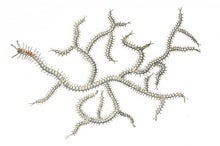





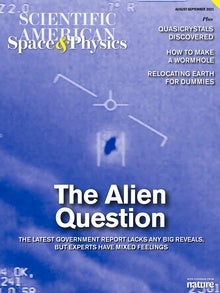




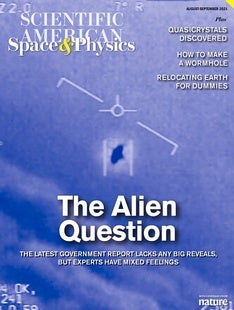

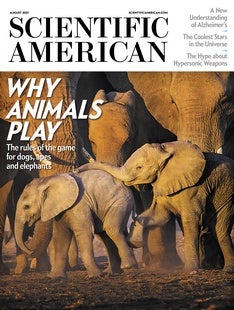
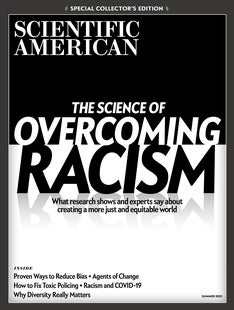
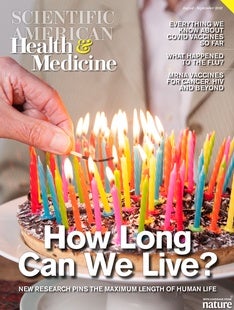



Comments
Post a Comment